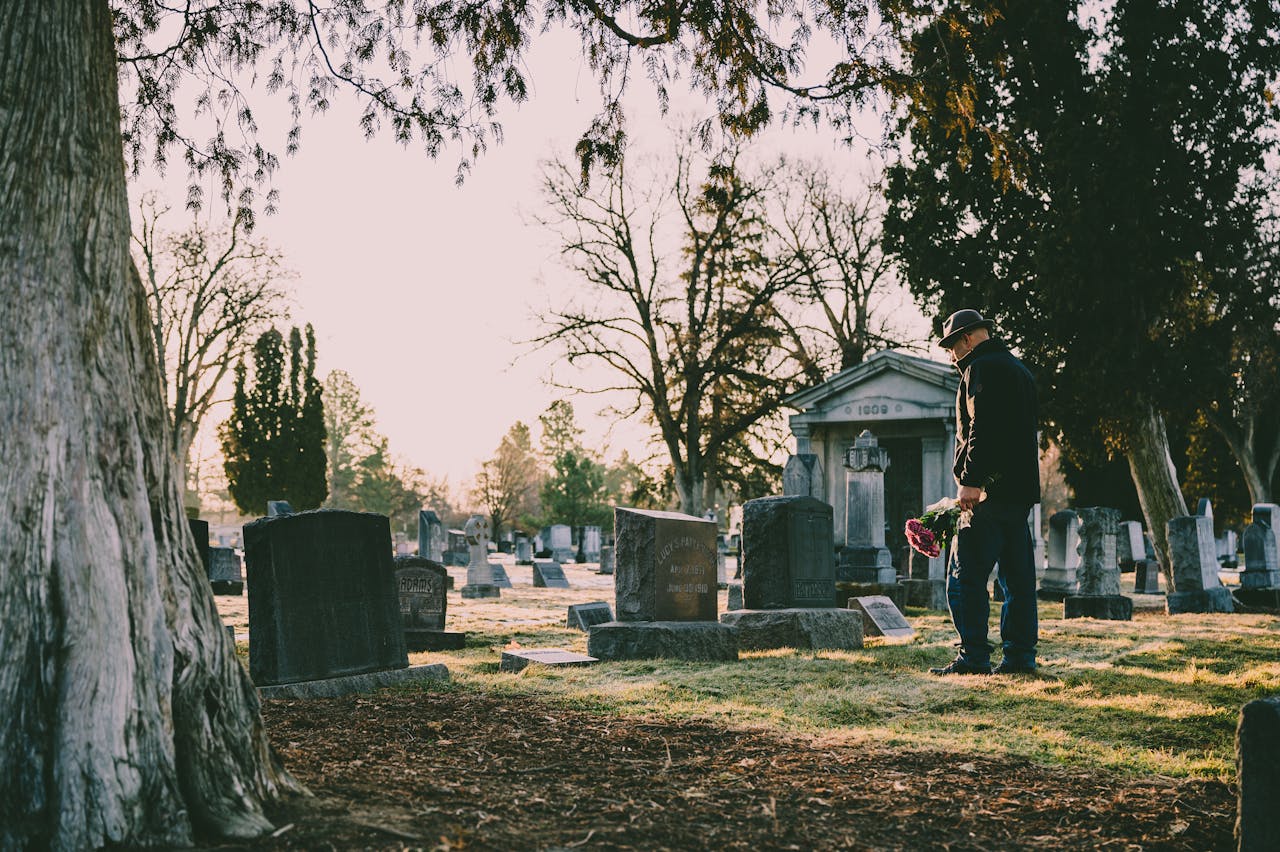Dame Esther Rantzen has renewd her call for MPs to debate and vote on assisted dying following the findings of the Health and Social Care Committee's recent report which underscores the importance of informed discussion on this complex issue, opting not to change the law at this present time. The report's exploration of countries where assisted dying is permitted offers valuable insights into its potential impact on end-of-life care. One of these, often in the spotlight, is Canada, which has recently passed MAID (medical assistance in dying) to a range of conditions – some, which are controversial, will soon include even psychiatric conditions, with opposers of such legislation pointing to a concrete example of how assisted dying can begin to fall out of what some view as a legitimate remit. Such an issue, as emotive and poignant as it is, would be one of fervent public debate and almost certainly be worthy of a referendum and could in future be a political tool to ensure voters know that assisted dying is a voting issue in the upcoming autumn election.
The acknowledgment that assisted dying has led to improvements in palliative care in certain jurisdictions challenges the notion of a "slippery slope" and emphasizes the need for evidence-based policymaking. This perspective aligns with Dame Esther's own experience with stage four cancer, providing a personal dimension to the fiery debate. However, Baroness Tanni Grey-Thompson's concerns regarding potential coercion highlight the necessity of comprehensive safeguards within any legislative framework for assisted dying. Balancing individual autonomy with protections against abuse and coercion remains a central consideration in crafting such legislation, something which opposers often point to as a reason to block such legislation.

The committee's decision not to advocate for a change in the law in England reflects a cautious approach, prioritizing the need for informed debate and further examination of the evidence. This approach acknowledges the complexity of the issue and the diverse perspectives within society. Still, those with critically ill family members and those with advanced cancer may have to endure their eventual passing, with a hope that palliative care will ease their pain as much as possible, as opposed to a dignified, pain free death as is so often the case with assisted dying.
Discussing the law, Dame Esther said, "There isn't the slippery slope that so many are worried about. I'm not demanding that everybody in the world agrees with me, I'm just saying let's debate all the issues now that we've got international evidence and we know the public attitude is in favour," she told BBC Radio 4's Today programme. This report does not help very much for those of us who desperately want the current law to change for the sake of our own families, and the many others in our situation”.
Ultimately, the debate on assisted dying is multifaceted, encompassing ethical, medical, legal, religious and societal dimensions. Such frameworks such as those found in Canada, which take on a painstaking process of verification, doctor approval, multi-staged verification of informed consent and an evaluation of independent judgement, could help reduce the chances of nefarious activity which is so often the concern of those opposing such legislation. The topic will continue to be paramount in society, and given 1 in 2 people may have cancer in their life (which most often contributes towards palliative illness), the debate will soon touch many families as they pose the question – wouldn’t it be better for our loved one to pass at their own accord in dignity, without this long drawn-out process of death?
